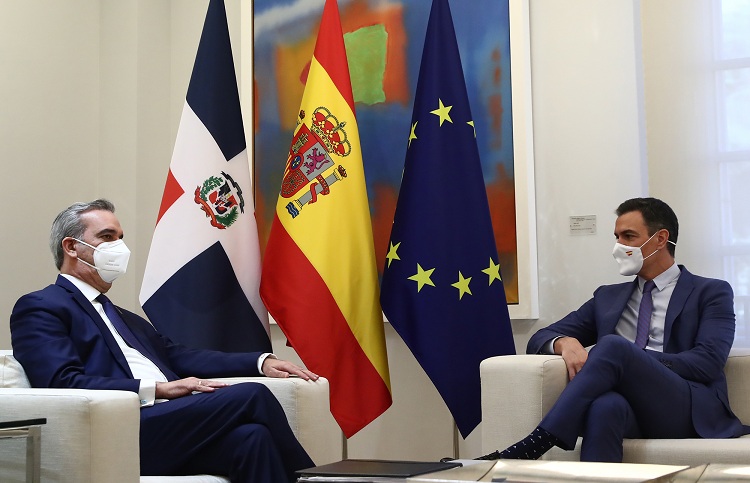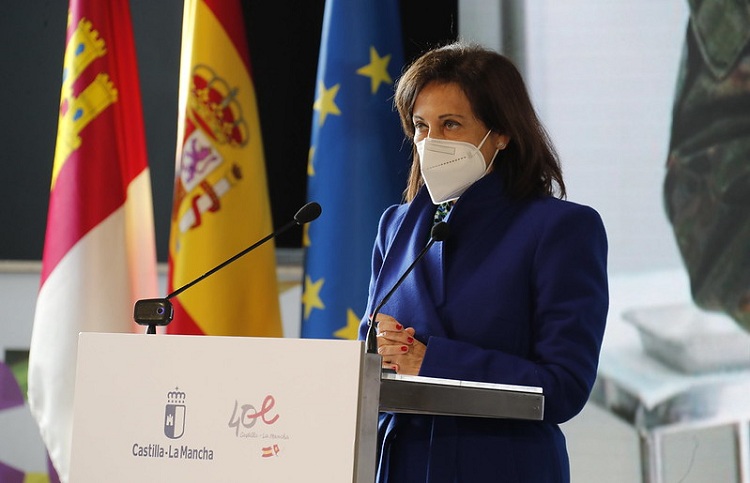The Diplomat
UNWTO has launched the first in a series of tourism investment guidelines focused on a specific country. Developed alongside the Ministry of Tourism of the Dominican Republic and the national Export and Investment Center (PRODOMINICANA), the new guide provides key insights for investors, with the aim of boosting foreign direct investment in the Caribbean destination.
Launched against the backdrop of the FITUR tourism trade fair in Madrid -with the presence of the President of the Dominican Republic, Luis Rodolfo Abinader, and the Secretary General of the UNWTO, Zurab Pololikashvili-, the Investment Guidelines represent a comprehensive tool for parties interested in FDI opportunities.
In particular, it aims to attract and promote and retain investment in sustainable tourism initiatives in the Dominican Republic, including those that provide local jobs and build greater resilience across the sector. The guide showcases the potential of closer public-private collaboration and makes clear the importance of directing investments towards building new tourism business models centres on innovation and sustainability.
Pololikashvili said he was proud of the “intense work” carried out with the Dominican Republic over the last year and stressed his hope that “this guide will serve as an example for other countries”.
For his part, the Dominican President pointed out, with regard to the Puerto Plata expansion project, that “it is not only an urban development project, but also a research and film industry project”.
As the UNWTO guide notes, the Dominican Republic represents one of the most competitive opportunities for investors for a number of reasons, excellent geographic location, solid legal framework, economic stability, and modern infrastructure.
Leading investment destination
According to data compiled by UNWTO and fDi Markets of the Financial Times, some 26 tourism projects in the Dominican Republic received about US$5.7 billion in tourism greenfield investments between 2016 and 2020. At the same time, the country has experienced an annual rate of growth in GDP of around 5% for the past 25 years, double the regional average. Over recent years, the Government of the Dominican Republic has worked to further attract FDI, including through the restructuring of free trade zones, incentives for investment in tourism and the signing of DR-CAFTA. (Dominican Republic-Central America Free Trade Agreement).
In 2021, the economy of the Dominican Republic recovered and reached pre-pandemic levels of growth. Notably, around 38% of this recovery was the product of the tourism sector. According to figures from the Ministry of Tourism (MITUR), as of December 2021, around 300,000 jobs were secured by the recovery of tourism, the result of the Responsible Tourism Recovery Plan led by the President of the Republic, Luis Rodolfo Abinader Corona. The Plan, which saw tourism workers vaccinated as early as possible, allowed the country to be among the first of all global destinations to reopen its borders.
Sánchez-Abinader meeting
The Dominican president also met yesterday at the Moncloa Palace with the Spanish prime minister, Pedro Sánchez. During the meeting, according to Moncloa, Sánchez congratulated Abinader on the health management carried out during the pandemic, including the National Vaccination Plan – which has placed the Dominican Republic in second place in Latin America – and highlighted the “rapid and effective” management that the government of President Abinader has made of the tourism crisis resulting from COVID-19.
The Chief Executive also praised the “excellent” coordination with the private sector, which has been described as “exemplary” by the World Tourism Organisation, and assured that support for the private sector has been “fundamental” for Spanish companies established in the Dominican Republic, especially those in the tourism and hotel sector, “which continue to be committed to the country” and willing to increase their investments as a “preferential destination”. Spanish companies in the tourism sector represent 70% of total investment in the industry in the Dominican Republic, which contributes 17% of the country’s GDP.
President Abinader arrived accompanied by the Administrative Minister of the Presidency, José Ignacio Paliza, and the Dominican ambassador to Spain, Juan Bolívar Díaz. Also present at the meeting were the Spanish ambassador to the Dominican Republic, Antonio Pérez Hernández, and the Minister of Education and Vocational Training, Pilar Alegría.
Abinader, who arrived in Spain on Monday to carry out an intense agenda of activities and work meetings, presided on Wednesday, together with King Felipe VI and Queen Letizia, the inauguration of FITUR 2022, in which the Dominican Republic is this year’s “partner country”, after which he was entertained by the King with a lunch at the Zarzuela Palace. The Dominican leader will return to his country today on a commercial flight after being received by the Mayor of Madrid, José Luis Martínez Almeida.






